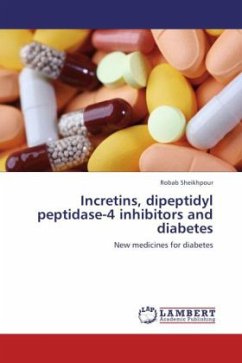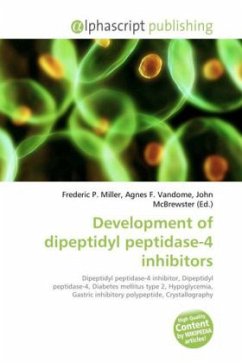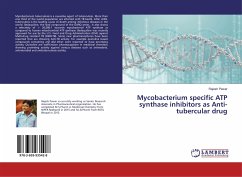Diabetes mellitus is one of the most common problems caused by a combination of insulin resistance and impaired insulin secretion by pancreatic B cells. Nowadays, there are many drugs to treat diabetes. Oral antidiabetic drugs are associated with side effects such as weight gain, hypoglycaemia, lactate acidosis and none of these drugs have been shown to stop the progressive decline of beta-cell function. Insulin treatment is expensive and troublesome for the patients, and also induces weight gain. Given this background, there is a need for new classes of blood-glucose-lowering drugs that minimise the risk of hypoglycaemia. Incretin hormones derivatives and dipeptidyl peptidase-4 inhibitors are the latest marketed development in this field. Incretin hormones (GLP-1 and GIP) amplify insulin secretion and are rapidly degraded by dipeptidyl peptidase-4, therefore two strategies have been pursued to exploit the beneficial actions of the hormone:(I) development of more stable activators of the GLP-1 receptor (so-called incretin) like liraglutide, taspoglutide and so on (II) inhibitors of DPP-4 like alogloptin, dutagliptin and so on. This book surveys new drugs and therapies in diabetes.








